The Anatomy of Insurance Risk
Anyone engaging in a gambling activity, whether it’s sitting at a blackjack table in a casino, playing bingo at the local church or buying a lottery ticket, is involved in risk -taking. For the gambler, the risk is the amount of the wager or the cost of the ticket or bingo card.
In the insurance game, whether it’s vehicle insurance, life insurance, health insurance or property insurance, everything revolves around risk.
An insurance risk, quite simply, is the threat that a potential loss covered by an insurance policy will occur. For property insurance policyholders these risks, known as perils, include events such as fires, windstorms, explosions, vandalism, theft, accidental water discharge or overflow and more. If a covered loss occurs, the insurer is responsible for paying off the claim.
For the property owner, the risk is that something untoward will happen to their property that will result in financial loss. They buy property insurance in hopes of never having to use it, but, as it’s been said, it’s better to have it and not need it than to need it and not have it. The real risk to property owners is living without the protection that insurance coverage provides.
Accurate Underwriting of Insurance Risk
Insurance companies are in the business of risk assumption. While they agree to assume certain risks in exchange for receiving premium payments from their policyholders, they determine which risks to assume. They come to this determination based on probabilities of loss. They look to make profits when they can insure large numbers of people who have a low probability of claiming future losses.
To stay profitable, insurance companies need to be selective about the risks they assume or else they may be required to pay out more in claims and operating expenses than they receive in premium dollars. If they’re unable to make up this shortfall with earned investment profits, they’ll go out of business.
When a potential policyholder submits an application for property insurance coverage, the underwriter assesses potential risk the company will be assuming and an analysis will be made regarding the potential for future losses (claims). A policy may be issued if the company’s underwriting standards are successfully met.
Risk Assessment
Accurate risk assessment is needed by insurance underwriters in order to decide whether or not to issue a policy and at what price. The information the underwriter uses to determine risk assessment and policy price is typically both subjective and objective, and at Insurance Risk Services we provide both types of information to our client partners.
Taking on risk is part and parcel of all property ownership, but there are certain ways that these risks can be managed. As part of our inspection services and underwriting support, we supply our clients with the information they need for accurate underwriting and also share important insurance risk management strategies to help them lower their risk exposure.


